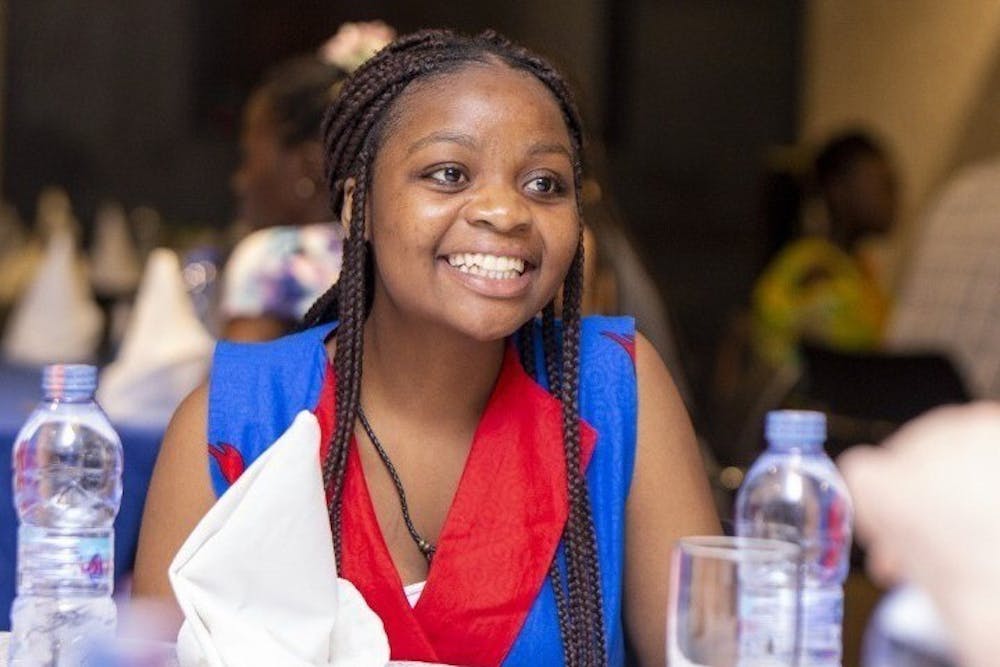The concept of some names being too hard to pronounce is a mental construct. English words Americans speak today were all as abstract as some African names to some Americans, but they still learned to speak English.
So if you could learn to speak English, how is it hard to learn how to pronounce some names?
Some Americans have names that are unfamiliar to people from foreign countries, but overall they still expect others to pronounce and understand their names. Why are excuses made for others then?
IU senior professor of the African studies program Betty Dlamini said people make everything African, like our names and culture, exotic and inaccessible. Americans usually do not put any effort in trying to pronounce African names, Dlamini said.
“Any name that has phonetics can be pronounced, it’s all in the mindset,” Dlamini said. “Everything African is usually made subjective and inaccessible. That is the main reason why people say they can’t pronounce some African names.”
In March 2019, Mashudu Tshifularo at the University of Pretoria in South Africa became the first surgeon in the world to successfully perform a transplant of a 3D-printed Middle-ear surgery.
The surgery allowed a 35-year old male recipient, whose middle ear was completely damaged in a car accident, to hear again.
I was filled with pride and joy because the doctor is South African and the operation was performed in South Africa. I rushed to social media to see how people were reacting.
However, most of the comments from Americans complained about his name and that they were failing to pronounce it.
These comments are offensive for two reasons.
Firstly, I introduced myself by an English name, Agness, rather than my African name, Tholowani, because people constantly mispronounce my name. I gave Americans an alternative to make their lives easier.
The second reason is because I suspect changing our names might be the reason some Black excellence is often overlooked or forgotten.
Many Americans say they can’t pronounce some African names. As a result, they might not talk about people such as Professor Tshifularo. The achievements of those people are then forgotten and lost in history.
When people bury this history, we create the chains of underrepresentation of some African and African Americans in different fields because they are not being talked about as much as their white counterparts.
People with African names often do not find themselves being represented, and we think it is because they have not done anything in the past. Instead, it is because in subtle ways society is erasing their history.
By refusing to put effort into pronouncing African names, Americans slowly strip off our identities and we slowly become obsolete.
IU sophomore and sociology major, Bukola Fashipe, said she has had people mispronounce her name since kindergarten.
“I’ve heard all types of versions of my name. Last year at the dining hall people would call my name when my food was ready and I did not even know it was me,” Fashipe said. “I’ve heard it all even though my name is pretty simple. It is pronounced as it is spelled.”
Fashipe said when people say ethinic names they try to over pronounce everything. Sometimes they just do not try or put in any effort to learn the correct pronunciation.
Somebody recently told me my African name had too many syllables. I said every African name has “too” many syllables.
Pronounce my long-syllable name.






